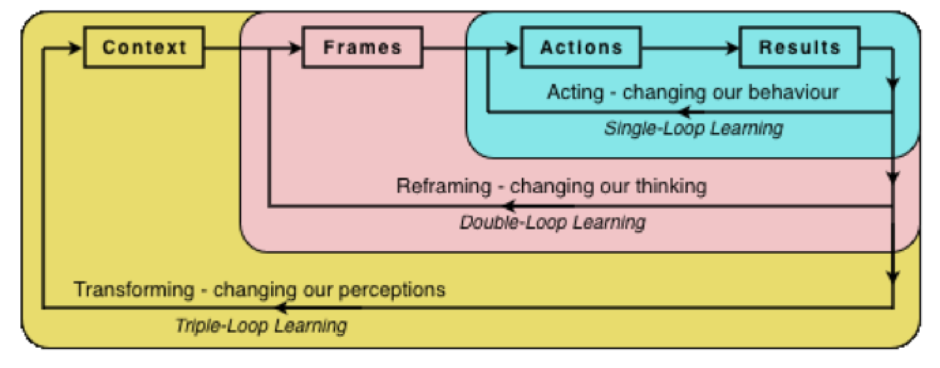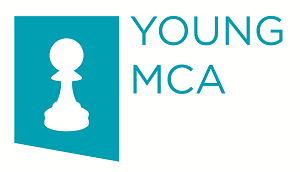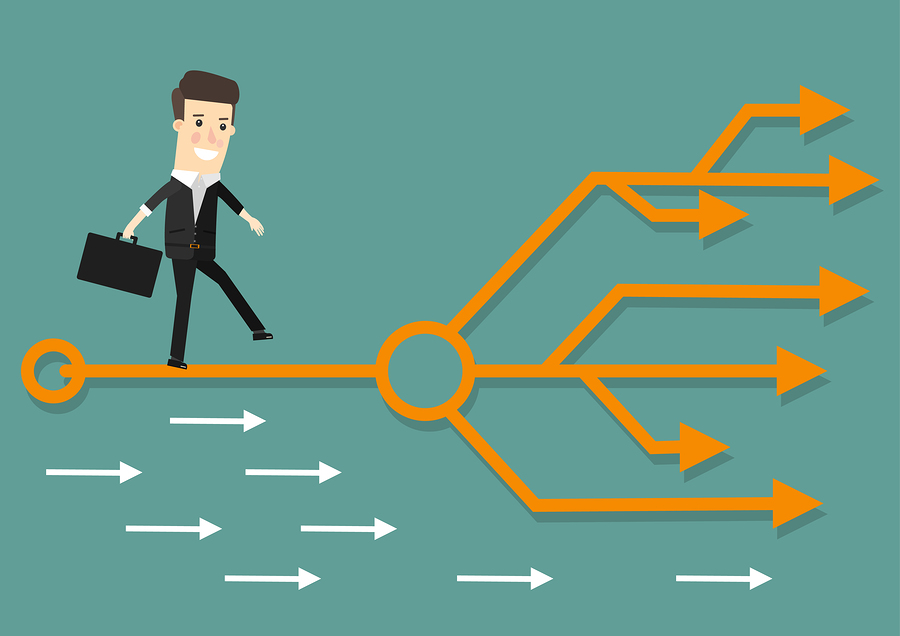Having finished my first consultancy placement about a month ago, I took the time to sit back and reflect on my experiences. I really believe that it’s a valuable exercise for anyone having finished a project, piece of work or indeed any key period in one’s life. When you take the time to reflect you often piece together information or occurrences that passed you by at that moment and you can often draw new conclusions and learn things which weren’t immediately apparent.
As a graduate a lot of things are new – new people, new procedures, new work, new routine (this is probably the hardest one!)… This means almost anything and everything can be a great experience to learn! However, if you don’t take the time to distil those learnings down into powerful maxims, sometimes they’re lost.
Here’s what I learnt on my first placement as a Junior PM / PMO on an Agile IT development project.
- You’re always under scrutiny, so find your USP
No matter your reputation, your company or your experience, you will always be under heavy scrutiny as a consultant. Permanent staff know the price of external advisory and for that reason you will always have to battle to prove your worth! It always helps, having a trick up your sleeve that no-one else can do; whether that’s creating insane Excel Models or delivering beautiful presentations, you have to have your niche. This is how you become valued by your parent organisation as well as the client.
- Sometimes you need to take a step back and pause
In the heat of the moment, under the pressures of delivery, racing headlong towards the next target, you can lose sight of your goals and your route towards them; making decisions which you might not have made at the outset. In these difficult moments it takes a strong person to take a moment to call a pause, assess the situation and decide whether the right actions are being taken. On two occasions now I have had colleagues call a pause on project Go Live shortly before launch. At the time this is difficult to take and it requires time for the team to re-motivate themselves. However, ultimately these decisions have been the right ones, either because the risks outweighed the benefits or because our reputation could have been put in jeopardy. Have the courage to make tough decisions and learn from those experiences; and more importantly review progress objectively at regular points to make sure you don’t get yourself to this stage!
- Always put yourself in the shoes of your target audience
When delivering a piece of work or trying to get across a key message, it pays dividends to think about the person or people who will be receiving it. What matters to them? What are their priorities or motivations? What is the context in which they work? Have you talked to them before or do they know you? Asking these questions helps you shape how you can connect with them and deliver to their needs and your own. Just as how you might approach a series of stakeholder engagements, you can think about various groups or individuals based upon their interest and power, and the way that you interact with them should change accordingly. It’s very unusually a case of one size fits all.
An important thing to note here is that great learning experiences can come out of positive as well as negative experiences. The above maxims didn’t necessarily come out of me doing things well, in fact they most often come from mistakes. What is imperative is that you use these reflections for self-improvement and development. The Single, Double and Triple-Loop change process for learning from reflection is a great way of thinking about this. The diagram below, which is based on Hargrove's Transformational Coaching model demonstrates three aspects of transformational change (in order of increasing difficulty and complexity) which can be achieved through reflection.

To summarise: (i) Incremental improvement (single-loop learning) involves continuously improving my current practices and improving my skills so that I can achieve my goals more efficiently through adaptation of behaviour. (ii) Thinking differently (double-loop learning) involves fundamentally reshaping my patterns of thinking by changing my goals and/or strategies so as to break through impasses, become more effective, and learn to do different things. (iii) Transforming who I am (triple-loop learning) involves creating a shift in my context, my view of the world, identity or point of view about myself in the world around me.
The above lessons represent steps on my journey towards my self-improvement and change. By looking inwards and reflecting you can make a change also, even if it’s incremental; and this is what I believe true development is all about.
 Written by Daniel Lee-Jacobs, as part of the Young MCA Update
Written by Daniel Lee-Jacobs, as part of the Young MCA Update
Note from writer: Special thanks to Ade Tokan and Erika Vig for helping me write this.

